

Administration
The Awutu-Senya District Assembly is the highest administrative and political authority in the District with the mandate to initiate development and co-ordinate all development efforts aimed at sustainable development at the local level.
The central administration of the office of the District Assembly is broadly made up of three units:
1. The General Administration
2. Accounts Unit (Finance)
3. Planning and Budgeting Co-ordinating Unit.
To facilitate process of the local government system, the local government Act (Act 462) makes provision for the establishment of 11 Decentralized Departments and other administrative sub-structures as the urban/town/area councils and unit committees.
The Effutu Assembly is currently made up of 6 Assembly persons, one-third of whom, are appointed by the ruling government. There are two Members of Parliament (MPs) who are Ex-Officio Members.
The Assembly is empowered to make and enforce by-laws. It exercises deliberative, legislative and executive functions in the district. The Presiding Member who is elected among the Assembly members chairs the Assembly meetings.
The Executive Committee of the Assembly is chaired by the Municipal Chief Executive and discharges the Assembly Executive powers.The Administration, which is headed by the Co-ordinating Director, has an oversight responsibility in the general administration.
The AES District has seven sub-committees, established to function as the operating arms of the executive committee and assist in the planning and implementation of specific activities of the Assembly.
The sub-committees are expected to meet regularly to develop plans on the sector in question and to submit these to the executive committees. Heads of Decentralized Departments are also required to attend sub-committee meetings to provide professional advice, when requested to do so.
Decentralized Departments
In the AES District, all eleven decentralised departments are represented to provide specialised and technical services to the assembly. The departments, staffed with technocrats, serve as the advisory arm to the Assembly and the Sub-Committee. They are responsible to submit annual reports to the Municipal Chief Executive.
The main problems facing the decentralised departments are:
· Inadequate resources and logistic;
· Inadequate office and residential accommodation for staff; and
· Lack means of transport.
Urban/Town/Zonal/Area Country (UTZA)
The LI 1589 makes provision for the establishment of UTZA. The District has one urban council (i.e. Winneba) and six Area Counsils namely, Bawjiase, Bontrase, Awutu, Jeikrodua, Senya and Obrachiere.
Their main functions include revenue mobilization, implementation of policies at the local level and community mobilization for popular participation in decision making. In performing these functions, they act as extention arm of the Central Administrative of the Assembly.
Unit Committees
There are 42 Unit Committees in the Districts. The functions of the unit committees are responsible to mobilise the community members for popular decision-making, identification of development needs, organization for communal labour for the implementation of government projects and programmes at the local level.
Decisions of the Unit Committees reached the Assembly through the assembly member in their respective areas. The major problems of the unit committee include:
1. Lack of incentives to the members
2. Low commitment on the part of the members
3. Irregular meetings
4. Decisions taken at meetings are not fully implemented
5. Lack of logistics
6. Frequent politicisation of issues under discussion.
In the Effutu Municipal Assembly, thirteen (13) decentralized departments are represented to provide specialized and technical services to the Assembly.
The departments, staff with technocrat, serve as the advisory arm to the Municipal Assembly and the sub-committees.
Other Agencies and services exist in the Municipal which provide allied services.
The Departments and Agencies can be classified as follows:-
Civil Service Institutions
1. Central Administration
2. Information Services Department
3. Department of Town & Country Planning
4. Department of Parks and Gardens
5. Statistical Service
6. Birth and Death Registry
7. Controller and Accountant General’s Department
8. Department of Agriculture
9. Department of Fisheries
10. Department of Feeder Roads
11. Social Welfare
12. Community Development
13. Public Works Department (PWD)
14. Wildlife
15. Department of Co-operatives
16. Rent Control
Service Institution
1. Ghana Education Service
2. Municipal Police Service
3. Municipal Department of Forestry
4. Municipal Health Services
5. Ghana Highway Authority
6. Municipal Fire Service
7. Ghana Telecommunication Services
8. Municipal Electricity Company
9. Municipal Water Company
10. Ghana Immigration Service
11. Prisons Service
12. Police Training School
13. Audit Service
Subvented Organisation
1. National Service Secretariat
2. University of Education Winneba
3. Winneba Secondary School
4. National Sports College
5. Electoral Commission
6. Driver Vehicle Licensing Authority
7. Community Health Nurses Training School
8. National Disaster Management Organization (NADMO)
9. Commission on Human Rights & Administrative Justice (CHRAJ)
Date Created : 11/16/2017 6:33:40 AM
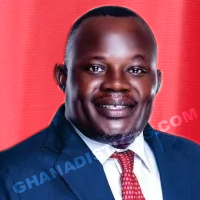
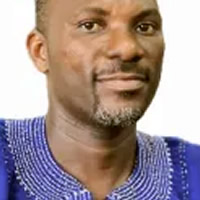
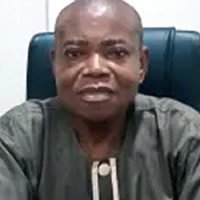

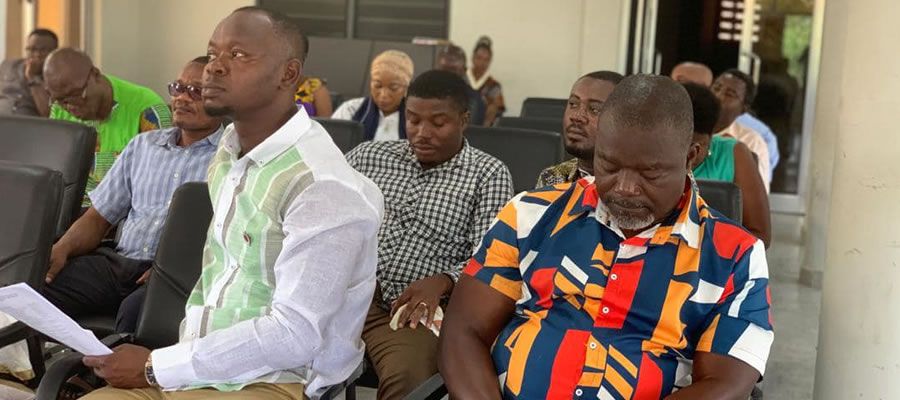
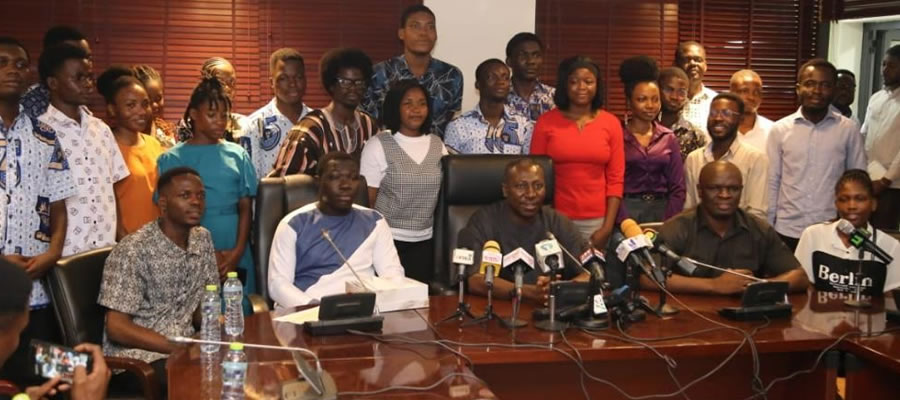
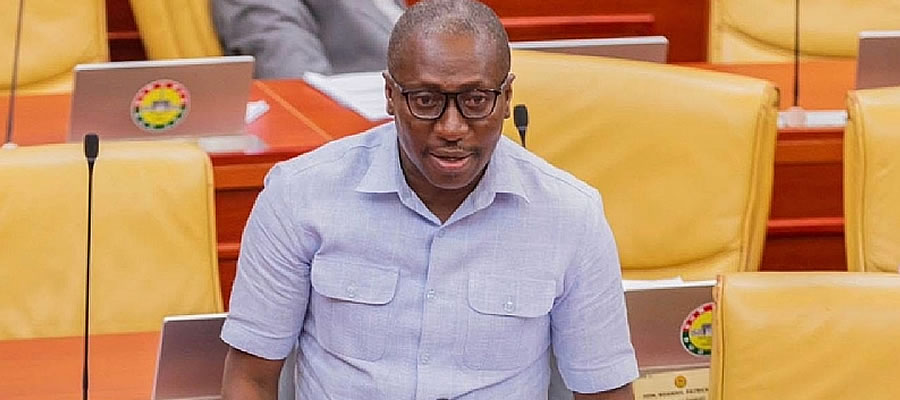
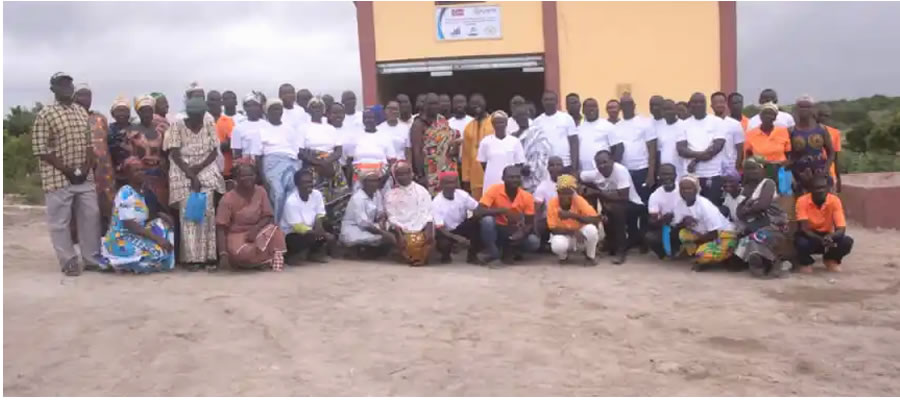
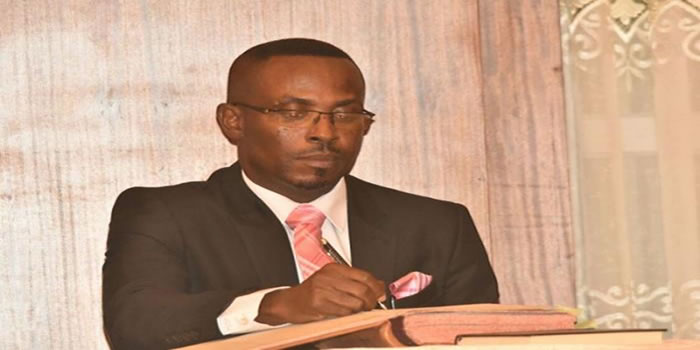
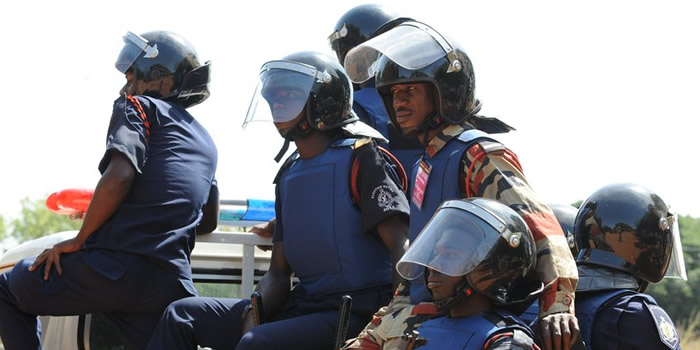


 facebook
facebook
 X
X
 Youtube
Youtube
 instagram
instagram
 +233 593 831 280
+233 593 831 280 0800 430 430
0800 430 430 GPS: GE-231-4383
GPS: GE-231-4383 info@ghanadistricts.com
info@ghanadistricts.com Box GP1044, Accra, Ghana
Box GP1044, Accra, Ghana